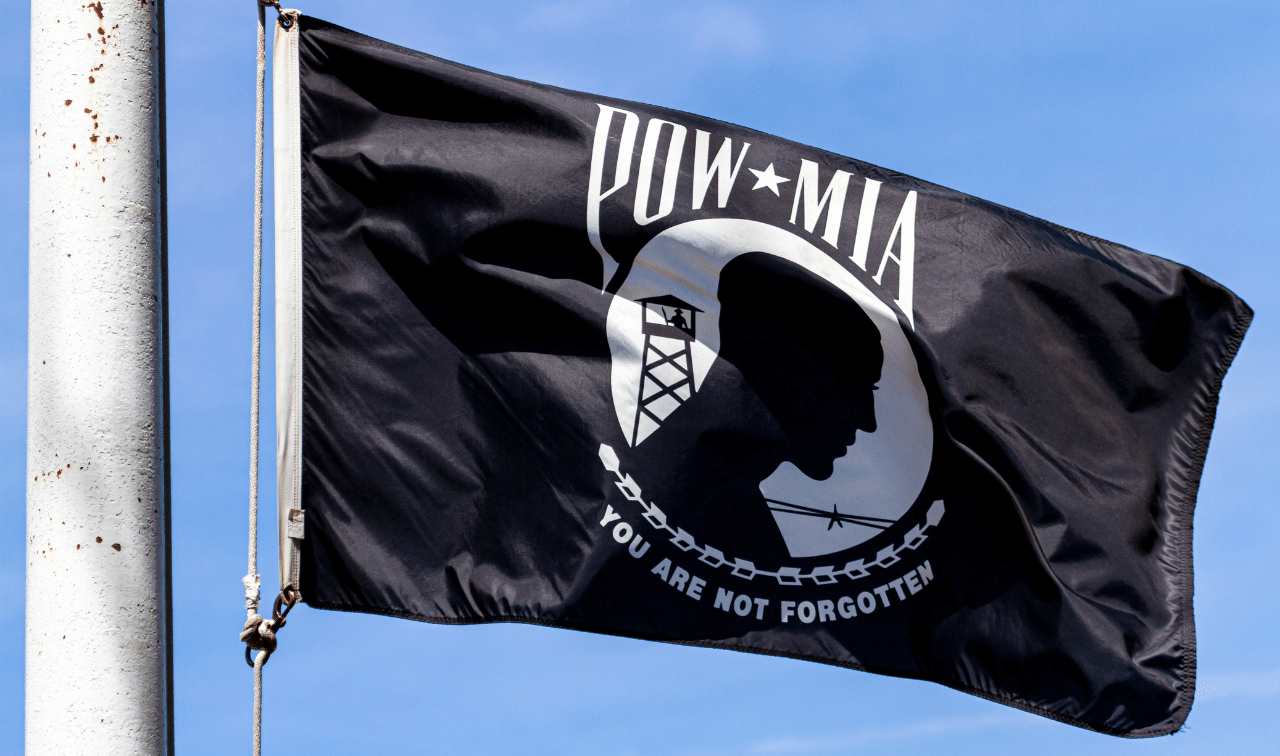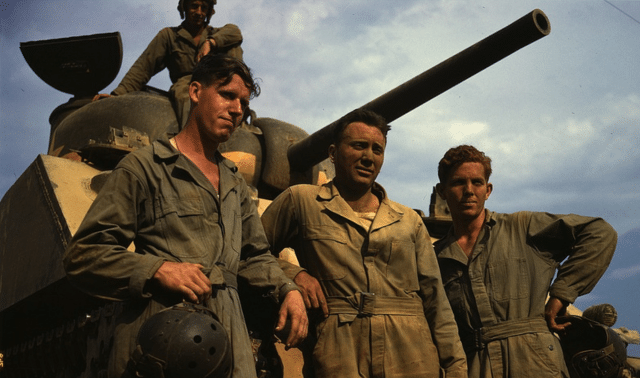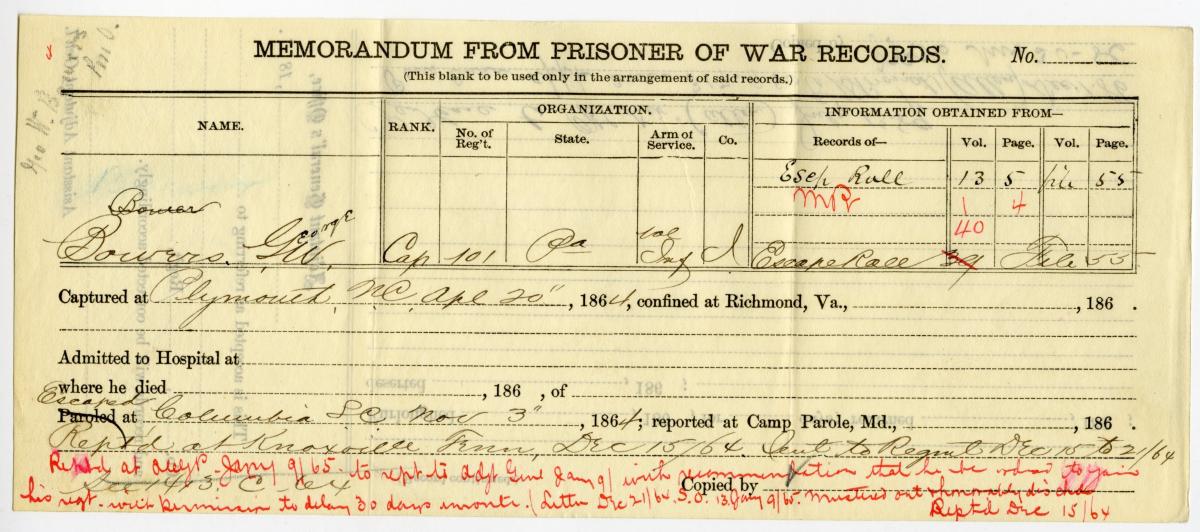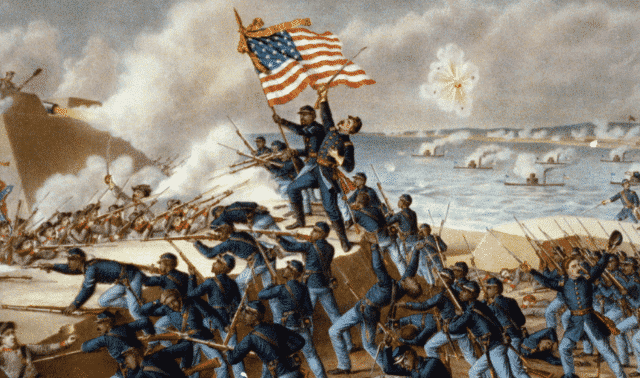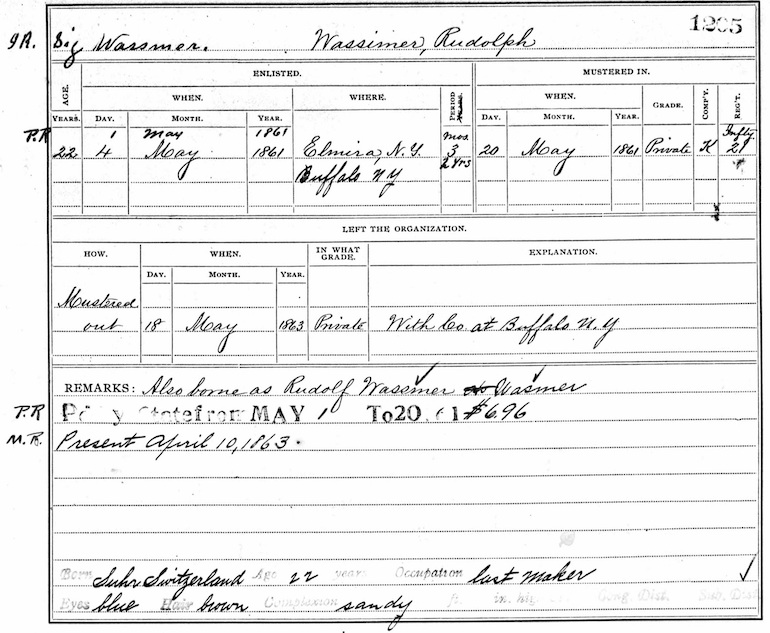
Countless immigrant ancestors joined the Army of their newfound homeland. In fact, beginning in the Civil War, alien soldiers with honorable Army discharges could be fast-tracked to naturalization. (Marine Corps and Navy veterans were able to “fast-track” beginning in 1894, and nearly all World War I soldiers were exempted from many of the residency and timeframe requirements for naturalization, too.)
The records you may not think of
Many researchers know of pension records and compiled military service records, held at the National Archives in Washington, D. C., for veterans of the Revolutionary War to the Spanish-American War, and at the National Personnel Records Center in St. Louis, for veterans of World War I and later wars. Oft-forgotten are state-specific military records, which differ greatly from war to war and state to state.
One such record set is the New York Civil War Muster Roll abstracts, available via the New York State Archives and also on Ancestry.com.
A case study
Rudolf Wassmer was born in Switzerland, the son of a shoemaker. The family immigrated to Buffalo, New York, around the early 1850s. Rudolph enlisted in the Army at Elmira, N. Y., in May 1861. He was a Private in Company K of the 21st New York Infantry Regiment, seeing action at the Second Battle of Bull Run, Antietam, and Fredericksburg. He mustered out of the Army 18 May 1863 at Buffalo. He worked as a last maker – lasts were models used in the manufacturing and repair of shoes. He was described as having blue hair, brown eyes, and a sandy complexion. On his muster roll abstract, his birthplace was listed as Suhr, Switzerland.
Following Rudolph’s journey
As we follow Rudolph through his life – Buffalo in 1855 and 1870, Rochester in 1880, back to Buffalo by 1892, the U. S. National Home for Disabled Volunteer Soldiers in Bath, N. Y. in 1913, and finally back to Buffalo, where he died in 1914, he consistently listed his birthplace as Switzerland (save one census). He worked variously as a tanner, laborer, and last maker. Though all of the U. S. records in which Rudolph is found, including a Buffalo Evening News obituary, not one mentions his exact place of origin – save that New York Civil War muster roll abstract. If not for his service – and that record set – we may still be wondering where to begin our search overseas for Rudolf Wassmer.
Records available in other states
Many other states have similar record sets – North Carolina has service cards for World War I and discharge paperwork for World War II available on FamilySearch, New Jersey has a database of World War I soldier deaths on the State Archives’ website (which often includes a photo), and Wisconsin has Civil War compiled military service records available via the Wisconsin Historical Society… to name a select few. Not every one of them will provide a place of origin overseas, per se, but even if that key fact is missing, these records will allow you to enrich your immigrant ancestor’s military story.
If you’re having trouble tracking down your ancestor’s country of origin, don’t give up. There may be additional sources that you’ve yet to investigate. Previously in this series, Rich has discussed city marriage returns, early alien registration records, naturalization correspondence files, and registration affidavits of alien enemies. Check out his previous posts for tips on using these records, as well as case studies.

